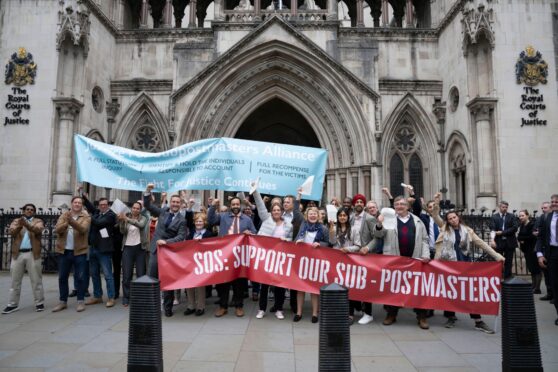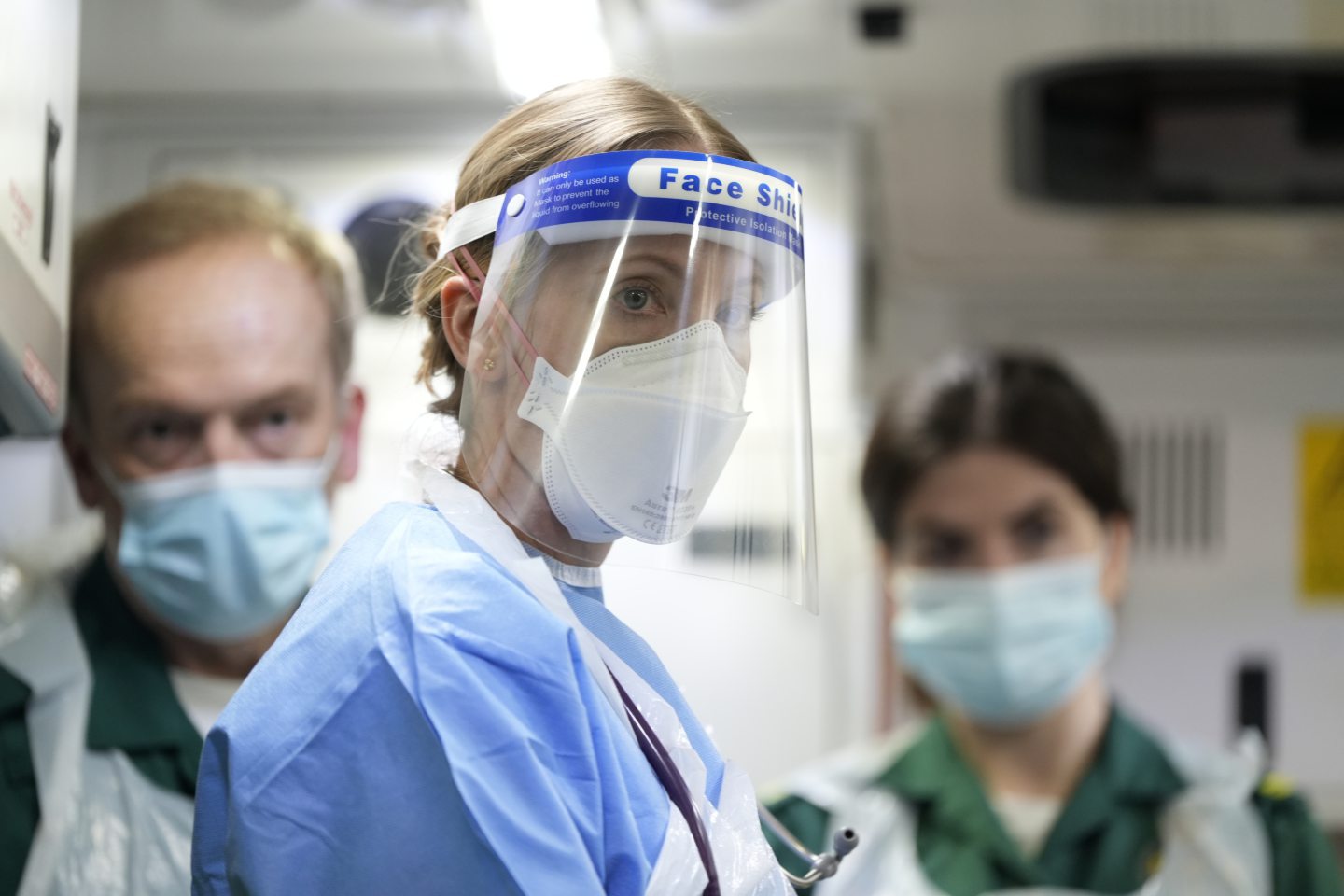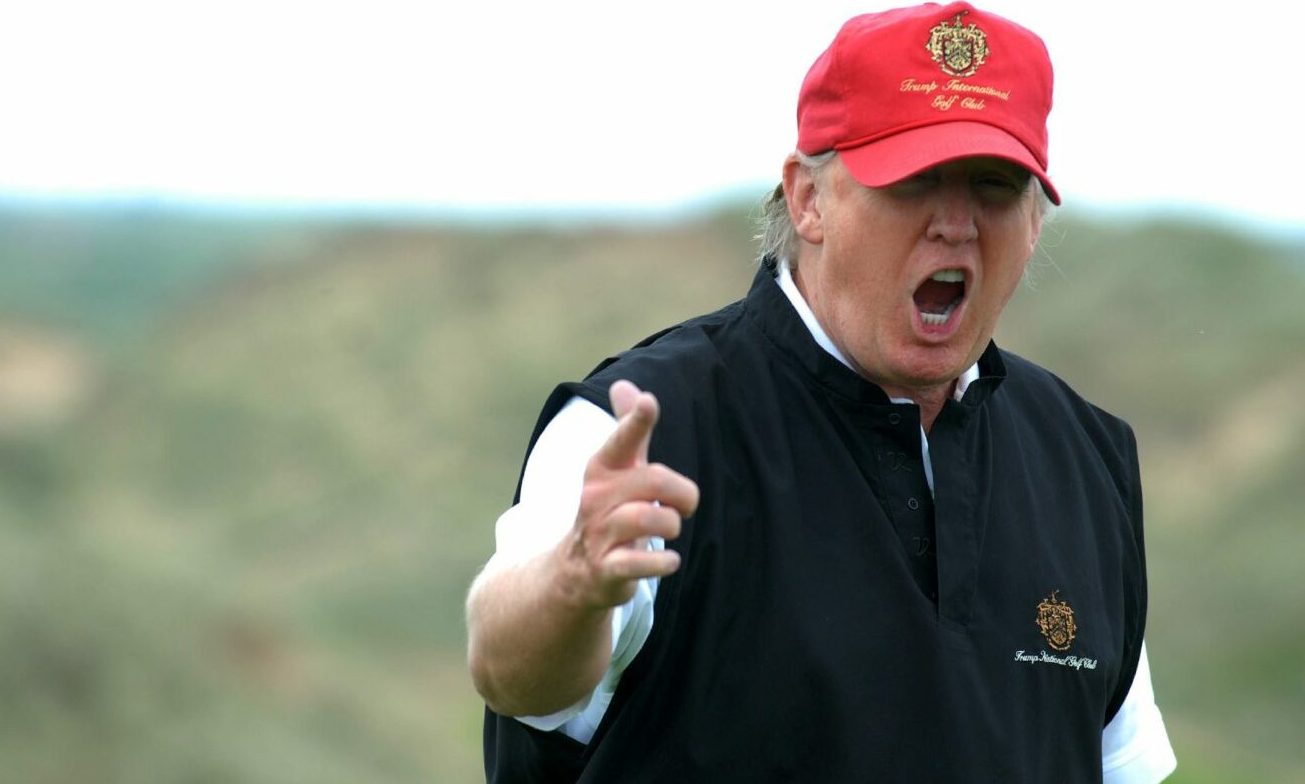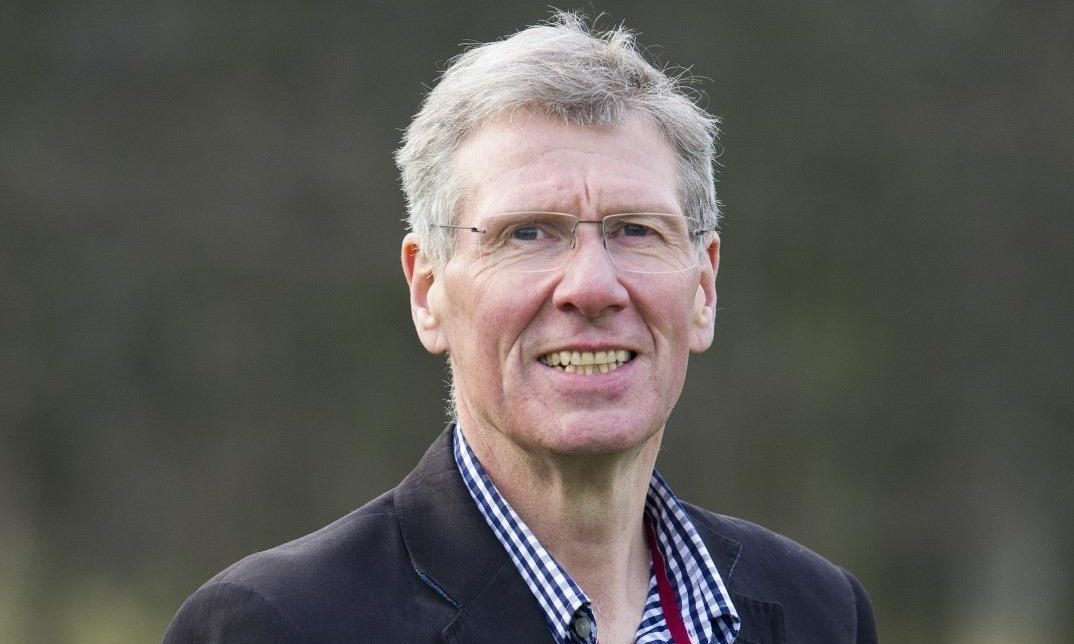Another month, another TV drama series which sparks public outrage and demands for more scrutiny of what goes on among our elected politicians.
Last week’s screening of Breathtaking, a horrifying account of the maladministration and incompetence which almost overwhelmed the NHS during the Covid pandemic, was all the more damning because it was based on a book written by a doctor – Rachel Clarke – who witnessed the often heartbreaking scenes in countless hospital wards.
It came just a few weeks after ITV broadcast another series, Mr Bates vs The Post Office, which provoked outrage by highlighting how hundreds of innocent sub-postmasters and postmistresses were wrongly accused of theft, fraud and false accounting due to a defective IT system, Horizon, which management insisted was working properly.
The drama sparked fierce criticism
Many of the employees were prosecuted, some were imprisoned for crimes they never committed, and their lives were irreparably damaged by the scandal. And significant numbers of them are still waiting for compensation for their ordeal.
In both cases, the programmes have struck a chord with viewers, and the former Post Office chief executive Paula Vennells announced she was handing back her CBE – awarded in 2019 – as the shockwaves brought hasty responses from both the Prime Minister Rishi Sunak, and Scotland’s First Minister Humza Yousaf.
Here was proof that TV could reach places where politicians feared to tread. But did it tell us something about the public’s growing disenchantment with those in parliament? And that many have reached the conclusion about the parties: They’re all the same?
There’s nothing new about specific programmes having a profound effect on viewers. In 1966, Cathy Come Home, a one-off play for the BBC, written by Jeremy Sandford and directed by Ken Loach, tackled subjects which were largely ignored, such as homelessness, unemployment and the rights of mothers to keep their children.
In the light of public reaction to the film, and following a campaign led by William Shearman and Iain Macleod, the charity Crisis was formed the following year in 1967, while Shelter was launched just a few days after the original broadcast.
It addressed Nazi crimes head-on
In America, more than a decade later, the mini-series Holocaust, featuring the likes of Meryl Streep and James Woods, shocked many viewers with its graphic depiction of the scale of the Nazis’ crimes against humanity during the Second World War.
A few months after the series was aired, Germany scrapped the statute of limitations for murder to enable Nazis to be tried for their participation in the Holocaust.
At that stage, political figures tended to stick to the day job after being elected. There was nothing along the lines of Boris Johnson presenting Have I Got News for You before becoming Prime Minister or Ed Balls appearing on Strictly, let alone former First Minister Alex Salmond appearing with celebrities at the Edinburgh Festival.
But has the balance shifted too much to a situation where it occasionally seems politicians are more enchanted by showbusiness than policies and manifestos?
It’s more about celebs than politics
Professor Sarah Pedersen, of Robert Gordon University, is among those who are concerned by the manner in which some charities seem to be reliant on a well-known personality, such as comedian Joe Lycett tackling the state of Britain’s rivers – as he did on Channel 4 last week – or chef Jamie Oliver fretting over obesity in youngsters.
She said: “This means that we end up focusing on their pet issues (however genuine their interest and important their cause), and charities and other organisations are diverted from their core concerns to try to attract a celebrity champion themselves.
“I am afraid it is part of the wider issue of the celebritisation of the news and politics.”
However, author and TV producer Les Wilson, who told the story of Gruinard – Scotland’s “Anthrax Island” – is convinced that life is too important to be left to mere law-makers and those more concerned with image than impact.
He told me: “I haven’t seen Breathtaking, but thought Mr Bates vs The Post Office was a terrific piece of television which proved that art and artists play a vital role in society.
“The arts aren’t just entertainment, they lodge in our mind and make us empathise way beyond our own limited experience. Picasso’s Guernica, Orwell’s Nineteen Eighty-Four, and Toni Morrison’s Beloved all testify to this.
“The arts may even shake us out of a torpor to bring about change. Sub-postmasters now know that, for sure.
People want genuine leadership
“We live in difficult and dangerous times, and I think that people are certainly looking round for inspiration, even leadership, from elsewhere.
“There is quite a fun game to be had in selecting a Cabinet made up of non-politicians, comprising the likes of [footballer] Marcus Rashford, [ex-rock star] Feargal Sharkey, [scientist] Devi Sridhar, Gary Lineker, Joe Lycett and others. How about [Scottish historian] William Dalrymple for Foreign Secretary?
“Of course, we need elected politicians, but the ‘celebs’ can help set a standard and level of expectation of what we require of people in public life.
“We have a pretty horrendous lot of politicians in charge of the UK at present, but, even in better times, politics is too important to be left to just politicians. The arts aren’t just passive entertainment, they make us walk in others’ shoes – and maybe even act.”
That certainly happened when the residents at Menie resisted attempts by the future American president, Donald Trump, to evict them from their north-east homes.
And, although the latter’s golf course was eventually built in Aberdeenshire, film-maker Anthony Baxter still believes that drama, documentaries, podcasts and citizen journalism all have a role to play in lifting a rock on dirty dealings and dodgy tricks.
He said: “In the case of Mr Bates vs The Post Office, it clearly brought about huge change and public awareness about the massive injustice facing sub-postmasters and post-mistresses, and politicians from all three major political parties rightly faced questions about why it took a powerful ITV series to provoke the sort of political response that had failed to materialise for years.
“Journalists had, of course, been working away on that story for a long time and some extraordinary work had been done – not least the BBC podcast series The Great Post Office Trial which is a triumph. But in this case, it took prime-time television drama to really cut through to the public consciousness on such an epic scale.
“The Trump saga has strong parallels, in that it too is a David vs Goliath struggle. And, with his bulldozers currently constructing Trump golf course number two at the Menie Estate, the same questions about whether power and money are riding roughshod over the environment and other priceless wilderness areas remain just as relevant today.”
Not all politicians live in a vacuum, nor cling to spouting platitudinous pap, when they perceive wrongs that need to be righted. Yet there do seem to be fewer prepared to follow the example of the late former Labour Foreign Secretary, Robin Cook, who resigned in outspoken disgust at his government’s invasion of Iraq in 2003.
As Alba MP Kenny MacAskill told me: “It has always been the case that a TV programme or film could have a major impact on social policy.
Injustices need to be tackled
“However, it is probably even more true now, because politicians are seen to be failing or failing to push adequately. Radicalism has been diluted, if not extinguished, by centrism, but the cries of the underprivileged or minorities remain.
“That means drama is even more important on issues such as the Horizon computer system, given the abject failure of the body politic to address a manifest injustice.”
So here’s an idea: what about a series on the discovery of oil and gas in the North Sea? That ought to provide a compelling narrative on the last 50 years.





